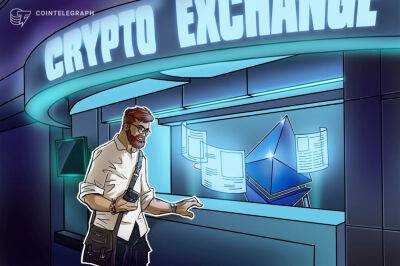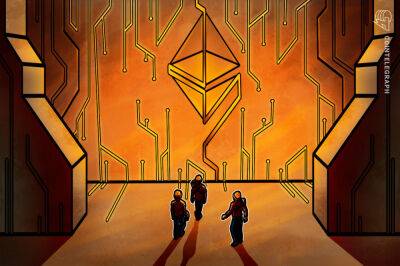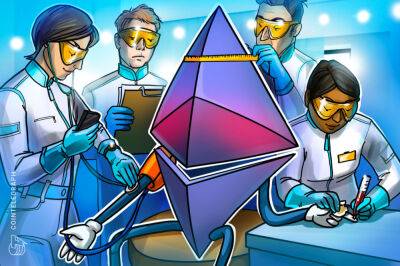What DeFi Offers Beyond Lending for Crypto Speculation
DeFi advocates claim that his nascent industry will continue to grow and, ultimately, make good on its promises.
"By removing the need to rely on intermediaries, DeFi makes traditional banking services far more accessible."
Leading DeFi protocols are now seeking exposure to real-world assets.
DeFi "has passed the threshold of speculation and investment."____
Decentralized finance (DeFi), which is not so decentralized after all, is going through a period of soul-searching right now. Ever since Terra collapsed in May and brought a number of platforms with it, there has been a prevailing sense that DeFi doesn’t offer much beyond circular lending and recklessly leveraged speculation, the kind that can cause a chain reaction of failures if one domino falls.
Given that Terra’s failure did result in other failures, there is certainly something to this suspicion. However, figures working within crypto and the DeFi sector affirm that DeFi remains a young area, and that it will mature and solidify as it evolves.
Indeed, many argue that there will be increasing integration between DeFi and legacy finance in the years to come, while it will also find applications in areas outside of finance, such as the Internet of Things, digital ID, and data storage. And the more it does this, the less it will revolve around the unstable practice of lending and borrowing almost exclusively for speculation.
There’s been no shortage of criticism of DeFi since May, when Terra’s de-pegging and collapse cascaded throughout the space.
In response to several platforms stepping in to help shore up the sector, software engineer-turned-crypto skeptic Stephen Diehl remarked in late June that “most of the decentralization rhetoric in crypto is at best aspirational
Read more on cryptonews.com


















